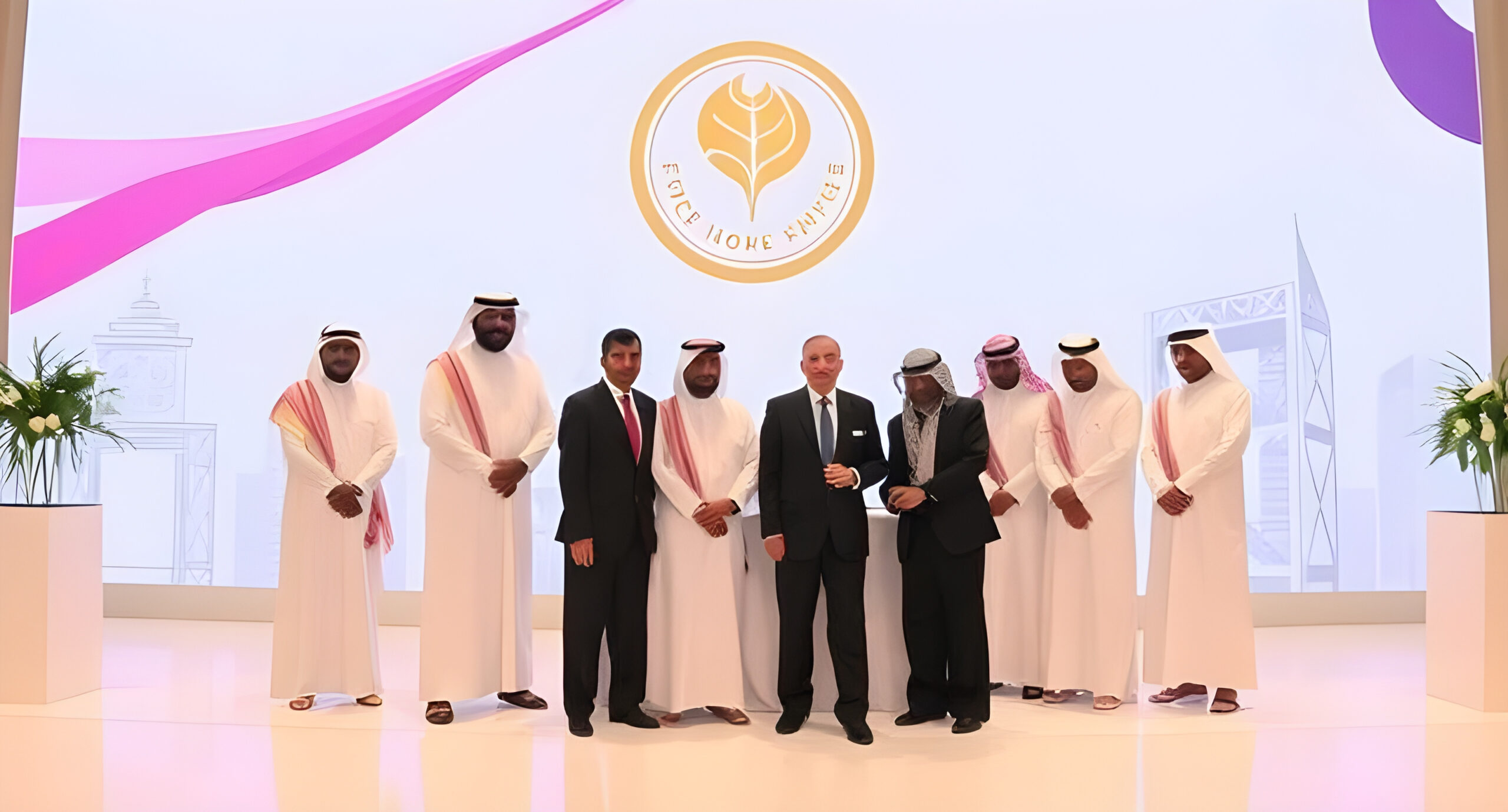Fasting during Ramadan can initially impact workplace productivity due to reduced energy levels and cognitive functions. However, as individuals adapt, many experience improved focus, discipline, and mental clarity. In the UAE, where Muslims began fasting on March 1, 2025, doctors emphasize that while fasting may cause temporary challenges, it can also enhance brain function and neuroplasticity. Strategic adjustments, such as working on complex tasks in the morning and staying hydrated, can help maximize productivity. Employers can support fasting employees by offering flexible working hours and remote work options, which can lead to increased engagement and efficiency.
Ramadan is a deeply spiritual month for Muslims worldwide, marked by fasting from dawn to sunset. This period of self-discipline can strengthen mental resilience and improve time management skills. By prioritizing tasks, managing time effectively, and maintaining a healthy routine, individuals can maintain productivity despite the challenges of fasting. The UAE government supports employees by implementing shorter workdays and encouraging flexible work models, ensuring that essential services remain uninterrupted while respecting cultural and religious values.
Incorporating mindfulness and wellness programs into the workplace can further support employees during Ramadan. These initiatives help maintain physical and mental well-being, contributing to a more productive and inclusive work environment. Overall, with the right strategies and support, fasting during Ramadan can lead to improved productivity and a more disciplined approach to work.





